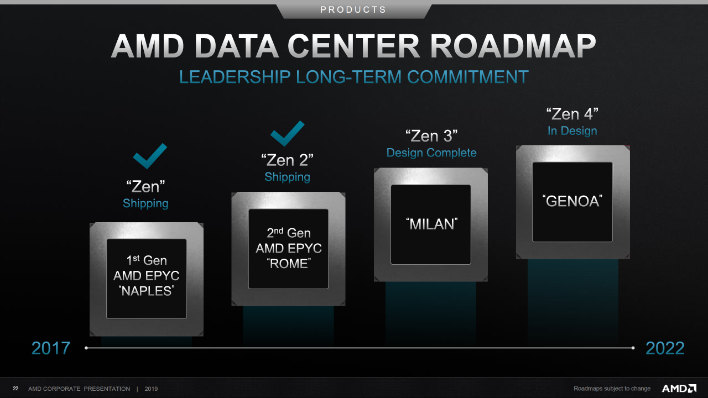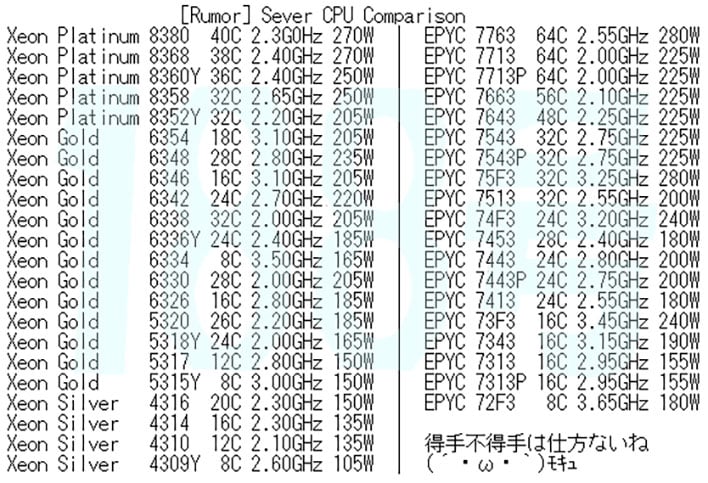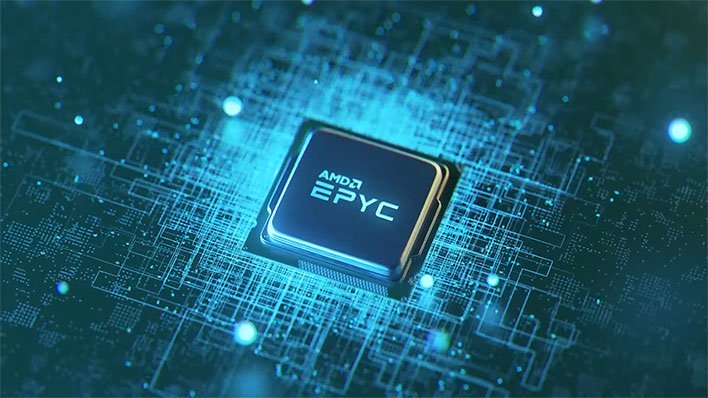AMD's Burly EPYC 7003 Zen 3 Milan CPUs Confirmed For March 15 Launch
On hand at the virtual press conference will be AMD President and CEO Dr. Lisa Su and Mark Papermaster, who serves as Executive VP of Technology and Engineering. Dan McNamara, SVP and GM of the Server Business Unit, and Forrest Norrod, VP and GM for the Datacenter and Embedded Solutions Business Group, will also be there during the presentation to talk about EPYC.

Beyond those details, AMD isn't telling us anything else about its EPYC 7003 processors. It has posted a "3rd Gen AMD EPYC Processors" landing page, but it is equally devoid of information.
EPYC 7003 processors will reportedly be built on an enhanced 7nm process node and should offer a roughly 19 to 20 percent performance uplift over their comparable Zen 2-based counterparts. EPYC 7003 processors will be available in various configurations, with the entry-level SKU being the EPYC 72F3 with eight cores and a 3.65GHz base cock (180W TDP). At the top of the lineup sits the alleged EPYC 7763, a 64-core/128-thread beast with a base clock of 2.55GHz, 256MB L3 cache, and a 280W TDP.

In between those EPYC 7003 end caps are 16-core, 24-core, 32-core, 48-core, and 56-core SKUs with varying clock speeds and TDPs. Back at CES 2021, Dr. Su bragged about an unidentified 32-core/64-thread EPYC 7003 processor demolishing a 28-core/56-thread Intel Gold 6258R 2P system in weather forecasting.

"The speed to complete in this case is very important because if the simulation runs faster, it means scientists improve the accuracy of the forecast by using a larger dataset for the model, or running more simulations per day," Dr. Su said at the time. "Just imagine how much more performance you are going to see with two 64-core Milan processors."
It doesn't appear that AMD will attempt to go with insane 128-core/256-thread EPYC 7003/Zen 3 SKUs, but it's something that we could potentially see in the future. That time could come with EPYC 7004/Zen 4, codenamed Genoa, which will reportedly use the 5nm process node. Norrod said back in late 2019 that "There's a number of application areas that just continue to benefit from increasing core counts and increasing compute density." It will be an exciting battle between EPYC 7003 and Intel Ice Lake-SP and beyond, so stay tuned as more details come to light.


